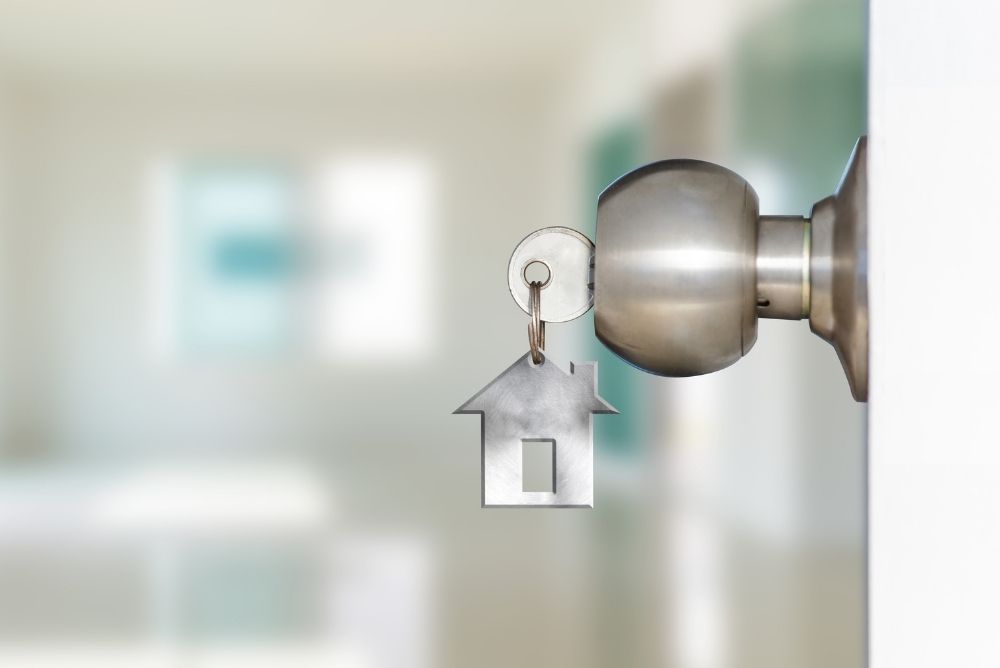Radon is an elusive, deadly gas that infiltrates many homes unseen. Luckily, solutions such as home radon mitigation systems keep this natural health hazard from hurting you and your family. Understandably, you’re likely wondering: how do home radon mitigation systems work? Read the breakdown below to learn how these systems keep you safe at home.
Radon Basics
First, let’s discuss dire details regarding the titular gas. Radon is invisible, odorless, and tasteless. As a result, it can be present around you, and you’d have no idea without the right equipment.
Radon is a naturally occurring byproduct of radioactive metals breaking down. Radioactive metals such as uranium can reside in the rocks and soil around your home, making it easy for radon to get inside after releasing from the ground. Unfortunately, this gas is a significant cause of lung cancer in homeowners; radon’s radioactivity and elusive nature make it very deadly. Thankfully, that’s where mitigation systems come in.
Mitigation Systems
If a radon specialist tests your home and determines unsafe levels are present, you can install a mitigation system to reduce radon presence significantly. A mitigation system will catch radon as it tries entering your home, neutralizing it from incoming airflow. However, doing so requires a careful assessment by the mitigation specialist.
In other words, the specialist must find precisely where radon is entering the home. The source can be a sump-pit, cracks in the basement floor, or something else entirely. Once they determine the source, your contractor can install a home mitigation system fit for repelling radon from the entry point.
Qualified Specialists
So, how do home radon mitigation systems work? Simply put, they reduce the presence of radon in your home. As a result, your home can be a safer, more relaxing environment. However, only hire a qualified specialist to get the job done to ensure your system is high-quality. Customer reviews are always helpful, but you should look closely at a professional’s credentials.
More specifically, make sure you’re hiring a contractor who carries quality warranties, insurance coverage, and state licenses; each of these factors is key to determining whether you’re working with a true specialist. For example, we install radon mitigation systems in Denver, Colorado, that come with lifetime warranties, providing ample peace of mind to homeowners. After all, radon is incredibly dangerous, so finding an expert who can install the mitigation system correctly is essential.


Recent Comments